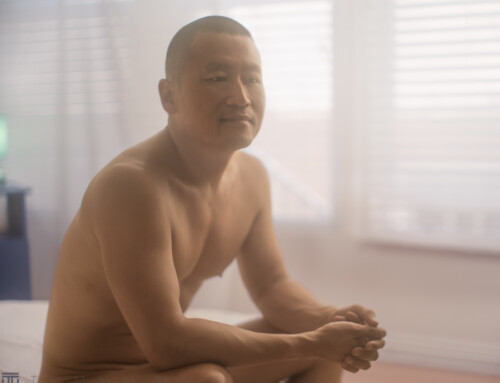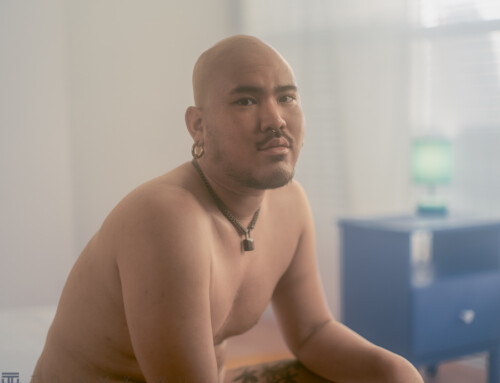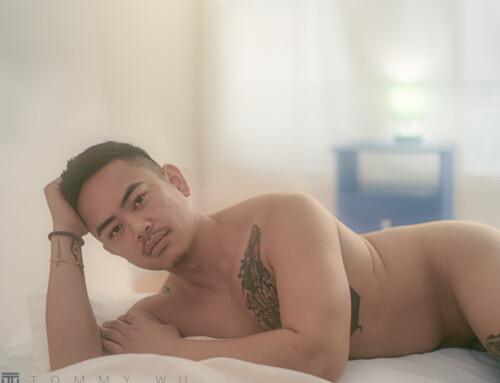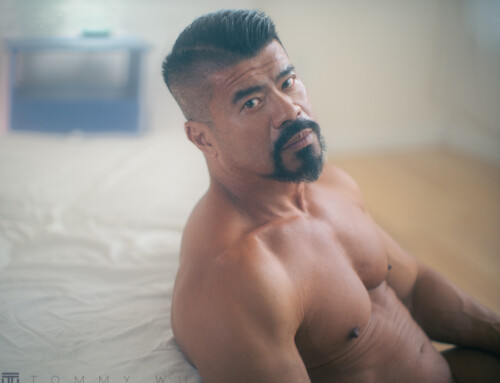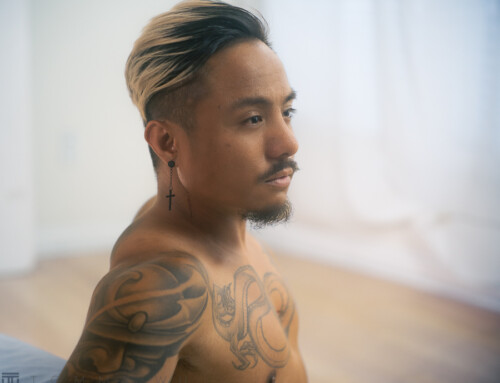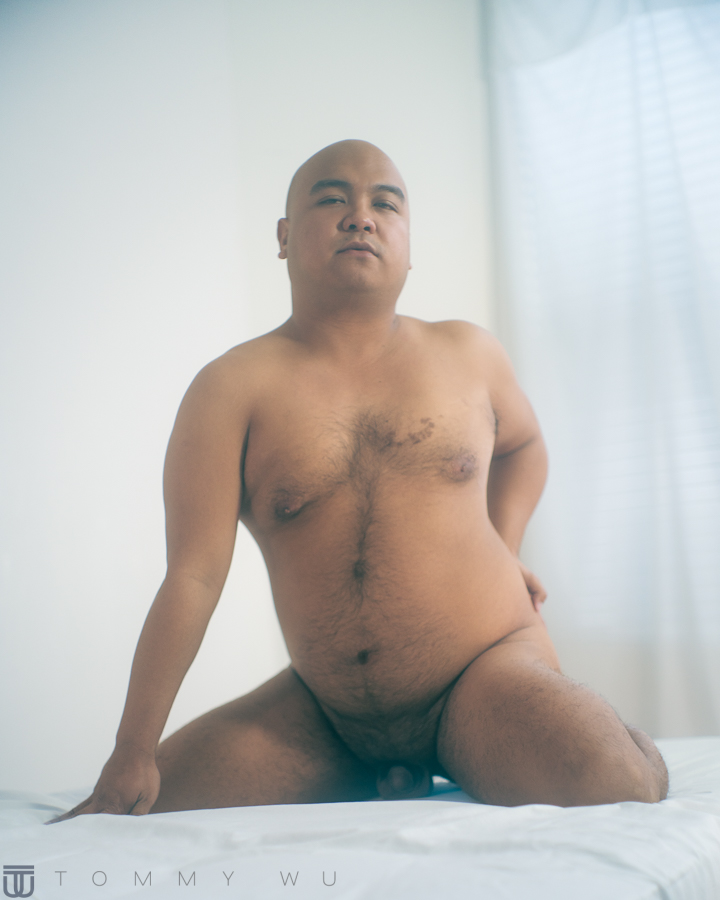
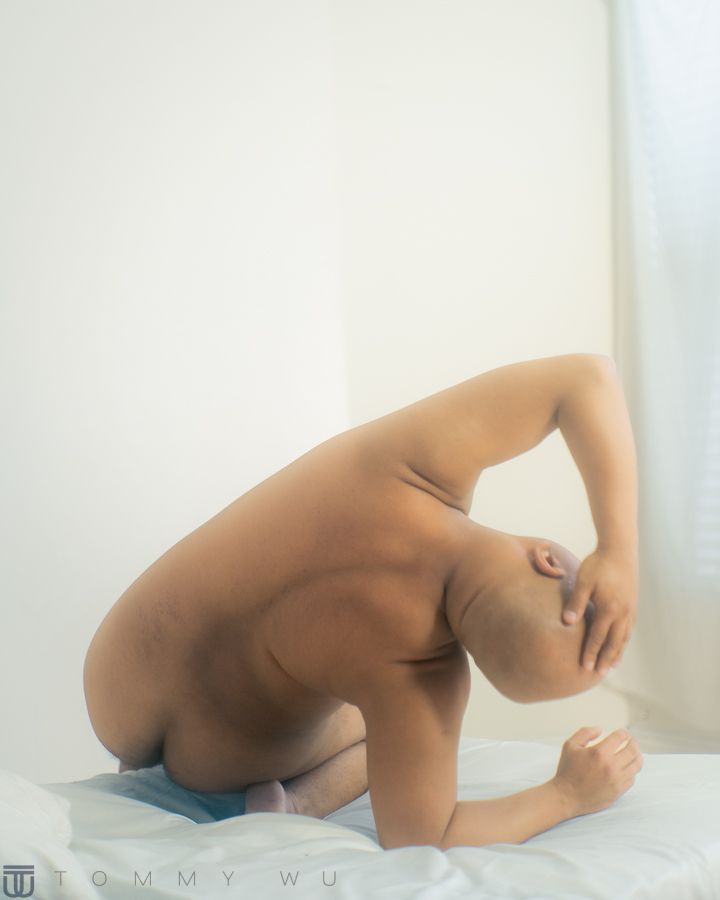
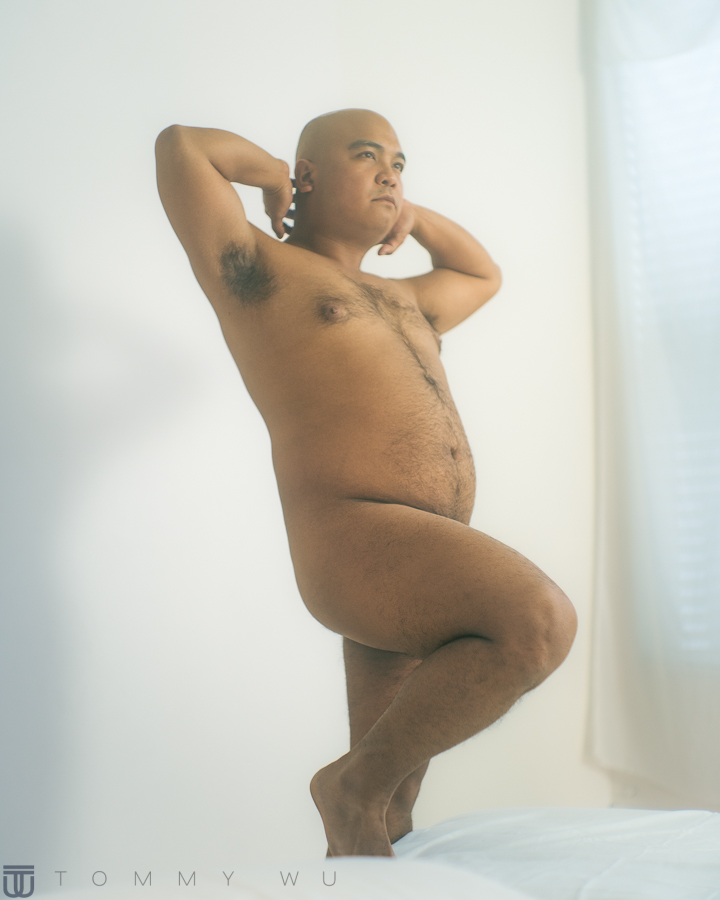
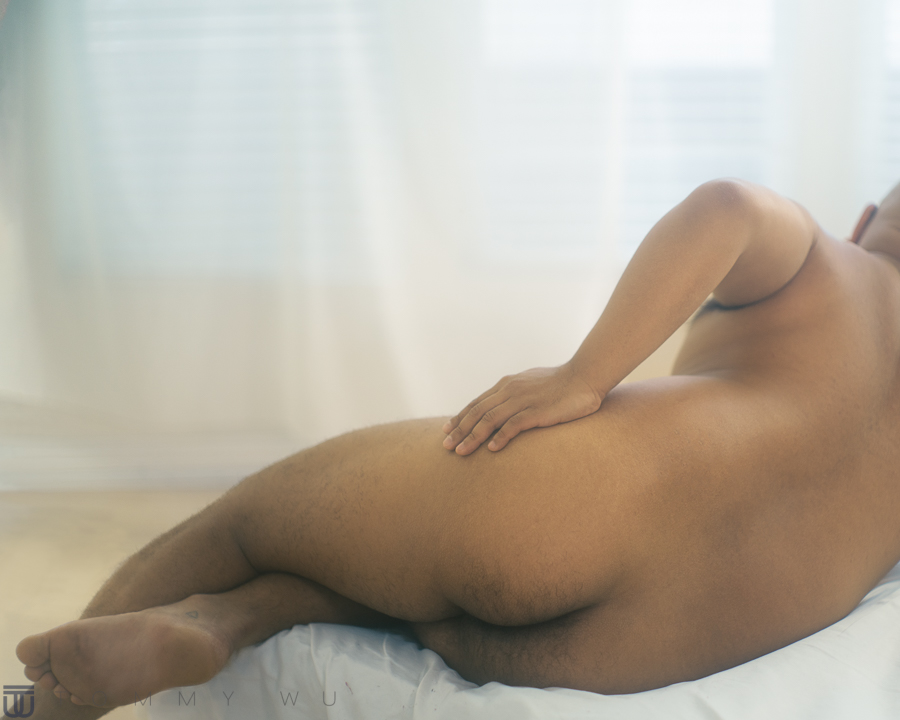
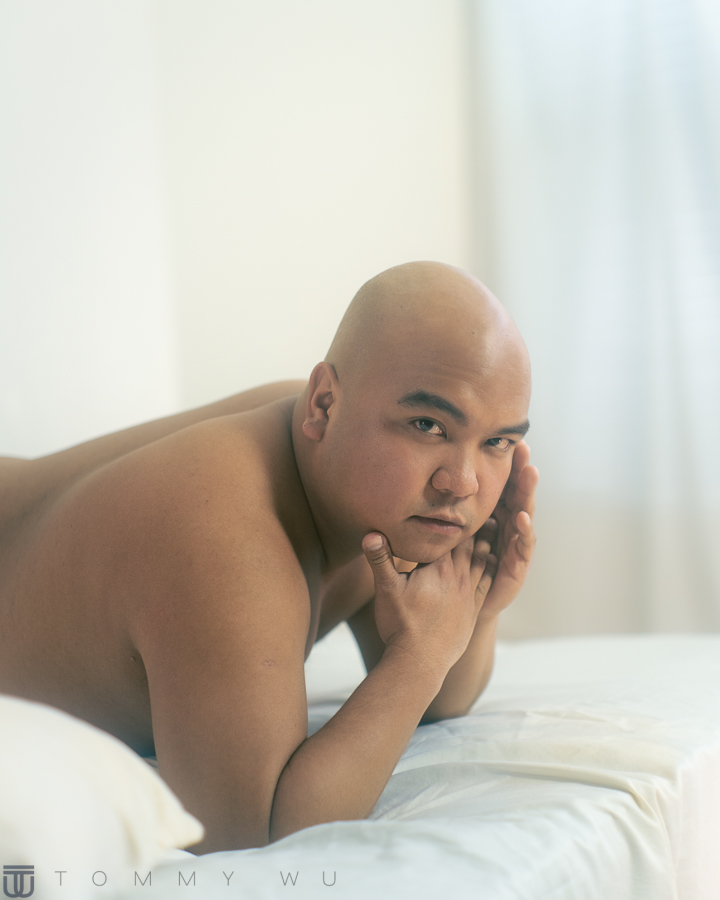
I was born in the Philippines, and at the age of one, before I could really even walk or anything, I immigrated to American Samoa, which is a U.S. Territory. I was raised there for 17 years before I moved to Northern California for college. For the most part I grew up with Samoans, Filipinos, and Koreans; that was kind of the demographics that I was with. It’s an archipelago of about six islands, and last I checked there’s about maybe 50,000 to 60,000 people there, so quite small. Everyone knew each other, everyone knew who you were, who your family was.
My family was no different. My parents got a divorce when I was seven, and my Filipino mother married a white man from Missouri shortly after. My life became a game of codeswitching. Life on the weekends with my father, around Filipinos and the Catholic church who had condemned my mother’s divorce, and the day-to-day with my mom and stepfather on weekdays where I struggled to understand who I was.
Growing up I didn’t really have the concept of being “Asian.” As someone who doesn’t speak but can fully understand Tagalog, understood a lot of Samoan, and understood tidbits of Korean, my identity was less about being “Asian” and more about being Pacific Islander. Growing up, I had the nickname Afakasi for me, so “Of Two”: Samoan-Filipino, even though I didn’t have Samoan blood. I knew I was Filipino, but AAPI was just “the community.” You don’t need to say “AAPI” in Samoa.
I am homosexual. I do believe I’m in some sort of the genderqueer spectrum. I’m not sure in what capacity; that’s still something that I’m trying to figure out, whether nonbinary or genderfluid. My homosexuality started to come in around the age of 11 or 12. I’ve always been kind of singled out, though, in terms of me being who I am. I was very femme or flamboyant. In Samoa there’s this thing called fa’afafine, which is a third gender, and I think in those capacities it was very freeing to know that gender is fluid. But I’d never felt connected to gender-queerness growing up, so I didn’t come out until I was in college.
Eventually, sexuality came into the picture, and with it, pornography, hooking up, Grindr. I moved to Northern California for my studies at Stanford. It was almost like the floodgates had opened in my journey with sexuality. When growing up, I think if you wanted to see, at least in my experience, Asian men in pornography a lot of times it was under the “Interracial” tab, right? And a lot of times the Asian men were the bottoms, and I feel it had some conditioning to my sexuality, such as “OK, these are the experiences that I’m allocated as an Asian man.” And it wasn’t just porn that displayed and conditioned: Asian men in mainstream media being nerdy, never getting the girl, never getting the romance; always allocated to just being unattractive, and a lot of times white men were the epitome of the gay hunk.
When I got to Stanford, I had somewhat of a culture shock of how many different people from different walks of life there were. But I didn’t know where to put myself in that context. I was hanging out a lot of times with the Hispanic or Latin community because I felt more connected with them; I didn’t feel Asian enough sometimes when I was around the Asian-American community at Stanford. And in tandem with my confusion with my Asian identity, men (mostly older white men) were fetishizing me about my Asian-ness and about me being at Stanford and me being academically the “model minority.” Another identity branded onto me, and yet I didn’t feel that way as someone who was still trying to figure out what does it mean to be Asian American.
I’m 28 right now. My parents really pushed education on me, but I also realize—and they were right about this—that they wanted me to have that education because no one can take that away from you. In some ways, I feel like that’s how I feel about taking the time to understand your identity and what you enjoy about yourself to push back against social constructs branded onto you. There’s a process of breaking it down, breaking down the walls that are built around you and the idea of who you are first, in order for you to actually explore and understand who you are. And it’s been lonely but it’s been empowering to me, and I think I’ve done so much in my life because I’ve almost given up on everyone’s affirmation of who I am. And no one can take that away from me.

